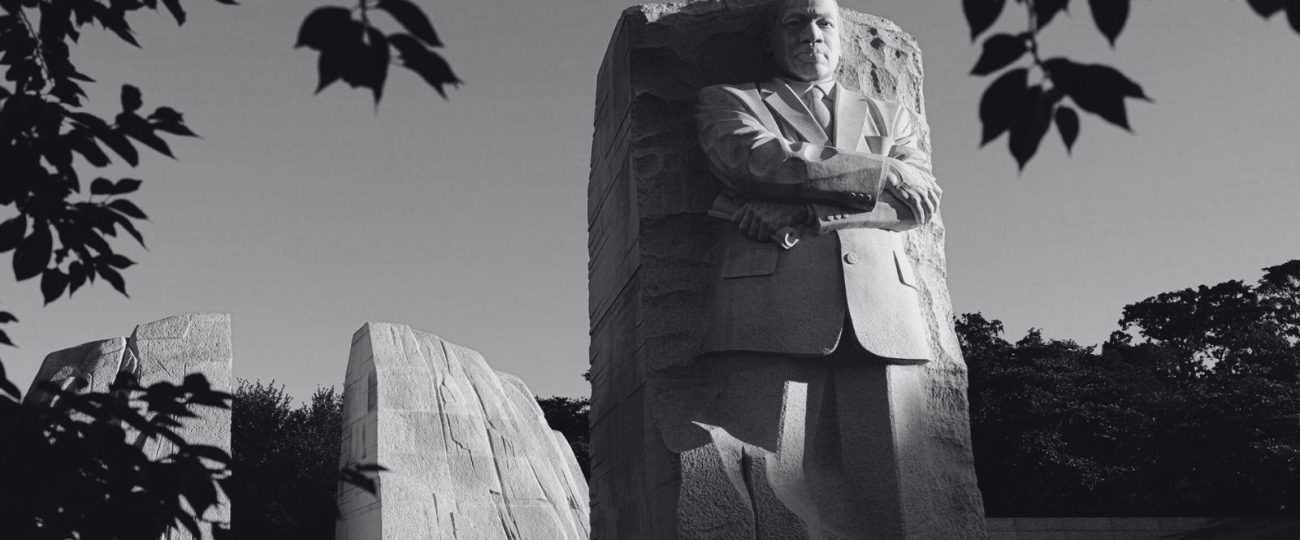What Happened On November 2nd?
On November 2, 1983, President Ronald Reagan signed the bill that made Martin Luther King Jr. Day a federal holiday. The ceremony took place in the Rose Garden, where Coretta Scott King and civil rights leaders gathered to celebrate the achievement. The bill established the third Monday of January as the official day of remembrance, aligning it with King’s birthday on January 15th.
Efforts to create the holiday began soon after King’s assassination in 1968, with Coretta Scott King leading the charge. While the proposal received strong support from civil rights groups, it also faced pushback. Many lawmakers argued that adding another federal holiday would be too costly, while others were reluctant to honor King due to his political activism, including his opposition to the Vietnam War. Despite these challenges, supporters persisted, recognizing the importance of King’s work and his influence on the nation.
In 1979, the movement to create the holiday saw its first major setback when the House of Representatives narrowly voted against a bill proposing the holiday. Despite this, the campaign continued to gain strength. In 1980, Stevie Wonder released “Happy Birthday,” a song written to celebrate King and rally public support for the holiday. Wonder, alongside Coretta Scott King, delivered a petition with over six million signatures to Congress, urging lawmakers to reconsider. The momentum for the holiday grew stronger as public pressure mounted.
By 1983, the movement had gained broad support from both the public and political leaders. Representative John Conyers, who had been introducing the bill every year since 1968, saw renewed interest. Civil rights activists, labor unions, and religious organizations united to push for the bill’s passage. The National Football League Players’ Association also backed the movement, threatening to boycott the Super Bowl if Congress failed to pass the bill. This added pressure helped turn the tide in favor of the holiday.
However, resistance persisted in the Senate, where Senator Jesse Helms of North Carolina launched a final effort to block the bill. He accused King of having ties to communism and tried to stop the bill through a filibuster. Despite Helms’ actions, the Senate passed the bill with a vote of 78-22, sending it to Reagan for approval. Reagan, who had previously expressed concerns about creating the holiday, signed the bill into law, acknowledging the widespread public and congressional support.
Although Martin Luther King Jr. Day became a federal holiday in 1983, several states refused to observe it. Some merged it with other holidays, while others ignored it entirely. Virginia, for example, initially combined Martin Luther King Jr. Day with Lee-Jackson Day, a holiday that honored Confederate generals Robert E. Lee and Stonewall Jackson. Arizona became a focal point of controversy when it declined to recognize the holiday, which led the NFL to relocate Super Bowl XXVII out of the state, resulting in significant financial losses. Under pressure from the public and civil rights groups, Arizona voters approved the holiday in 1992.
Although the holiday was officially established in 1983, it wasn’t observed nationwide until 1986. Even then, it took until 2000 for all 50 states to recognize the holiday, with South Carolina becoming the last state to make it a paid holiday for state employees. The resistance to adopting the holiday in certain states highlighted the differing views on King’s legacy across the country.
As the years passed, Martin Luther King Jr. Day became more than just a day of remembrance. It grew into a day of service, with communities across the country organizing volunteer efforts. The slogan “A Day On, Not a Day Off” encouraged Americans to spend the day actively contributing to their communities. Public service projects, educational programs, and charity events became integral to how people observed the holiday, promoting King’s message of equality, justice, and civic engagement.
In the final years of his life, King’s focus shifted toward economic issues. He launched the “Poor People’s Campaign” in 1968, seeking to address the growing problem of poverty in America. King understood that the fight for civil rights could not be separated from economic justice, and he aimed to bring attention to the structural forces that kept millions of Americans in poverty. Although less widely recognized than his work on racial justice, King’s efforts in tackling economic inequality have become an important part of his legacy.
The holiday also prompts people to reflect on King’s writings, especially his “Letter from Birmingham Jail.” Written in 1963 while he was imprisoned for participating in nonviolent protests, the letter responded to criticism from white clergy who had called for patience. King argued that waiting for justice was not an option and defended the necessity of immediate action against discrimination and segregation. The letter remains a key document in the history of the civil rights movement and continues to inspire activists today.
Beyond the U.S., King’s influence reached far beyond the civil rights movement. In 1964, he received the Nobel Peace Prize, becoming the youngest person to ever receive the honor at that time. King used the prize money to fund the ongoing efforts of the civil rights movement, reflecting his commitment to peace and justice not only in America but globally. King’s message of nonviolence and human dignity resonated with oppressed people worldwide and inspired movements for justice in many countries.





